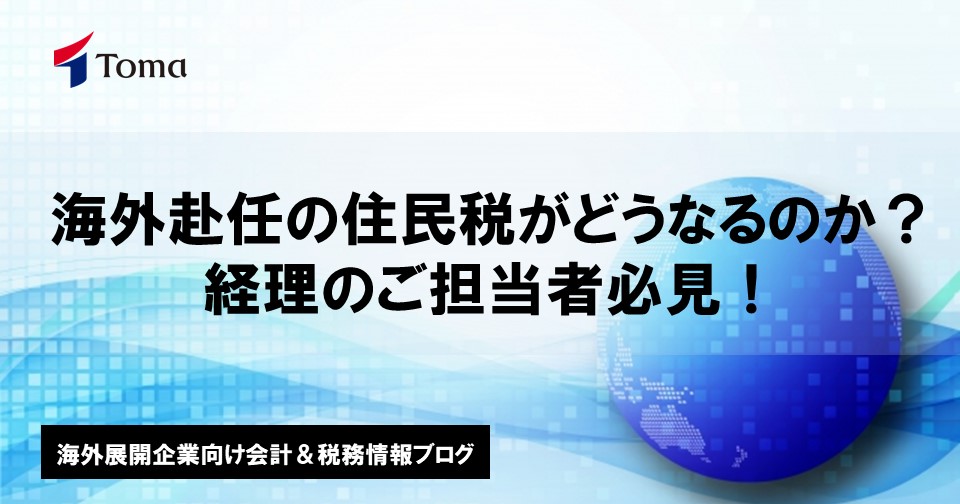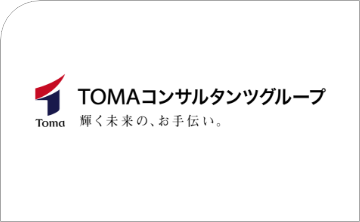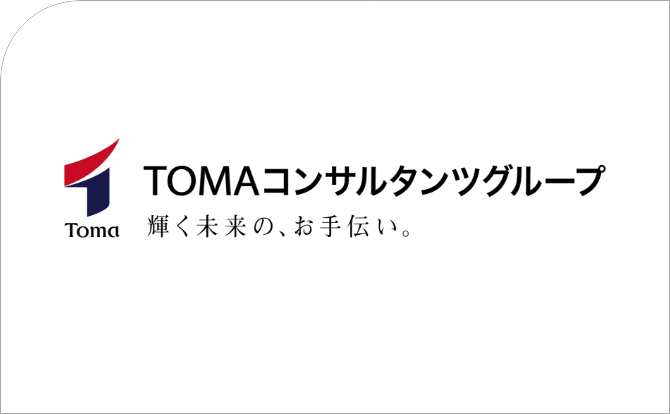[小冊子03:海外赴任と外国人雇用]
【はじめに】
国際財務報告基準における取扱いを記載します。
【会計方針の変更の場合】
国際財務報告基準(IFRS)でも日本と同じ考え方を採っています。
(1) IFRSによって、新たな会計方針を適用することが要求されている
もし、具体的な経過措置があれば、それにしたがって会計処理をする必要があります。経過措置がない場合は、新たな会計方針を過去の期間すべてに遡及適用します。
(2) 信頼性や比較可能性をより高める会計方針の変更
これは、会計方針の変更によって、決算書利用者から見て、決算書の比較可能性や信頼性をより高める変更を指します。この変更も過去の期間すべてに遡及適用します。
参考に、国際会計基準8、Accounting Policies, Changes in Accounting Estimates
and Errors の該当箇所を記載します。
14 An entity shall change an accounting policy only if the change:
(a) is required by an IFRS; or
(b) results in the financial statements providing reliable and more relevant information about the effects of transactions, other events or conditions on the entity’s financial position, financial performance or cash flows.
19 Subject to paragraph 23:
(a) an entity shall account for a change in accounting policy resulting from the initial application of an IFRS in accordance with the specific transitional provisions, if any, in that IFRS; and
(b) when an entity changes an accounting policy upon initial application of an IFRS that does not include specific transitional provisions applying to that change, or changes an accounting policy voluntarily, it shall apply the change retrospectively.
【見積りの変更の場合】
国際財務報告基準(IFRS)でも日本と同じ考え方を採っています。
すなわち、会計上の見積りの変更の影響は、遡及適用せず、今期もしくは将来の会計期間に向かって認識することとなります。これは、日本基準の箇所でも説明致しましたが、見積もりの変更をする前の見積りが、その当時において不合理な見積りであったわけではないためです。仮に不合理であった場合は、過去の誤謬として扱われます。
参考に、国際会計基準8、Accounting Policies, Changes in Accounting Estimates
and Errors の該当箇所を記載します。
36 The effect of a change in an accounting estimate, other than a change to which paragraph 37 applies, shall be recognised prospectively by including it in profit or loss in:
(a) the period of the change, if the change affects that period only; or
(b) the period of the change and future periods, if the change affects both.
37 To the extent that a change in an accounting estimate gives rise to changes in assets and liabilities, or relates to an item of equity, it shall be recognised by adjusting the carrying amount of the related asset,liability or equity item in the period of the change.
38 Prospective recognition of the effect of a change in an accounting estimate means that the change is applied to transactions, other events and conditions from the date of the change in estimate. A change in an accounting estimate may affect only the current period’s profit or loss, or the profit or loss of both the current period and future periods. For example, a change in the estimate of the amount of bad debts affects only the current period’s profit or loss and therefore is recognised in the current period. However, a change in the estimated useful life of, or the expected pattern of consumption of the future economic benefits embodied in, a depreciable asset affects depreciation expense for the current period and for each future period during the asset’s remaining useful life. In both cases, the effect of the change relating to the current period is recognised as income or expense in the current period. The effect, if any, on future periods is recognised as income or expense in those future periods.
【過去の誤謬の取扱い】
国際財務報告基準(IFRS)でも日本と同じ考え方を採っています。
過去の財務諸表における誤謬が発見された場合には、修正再表示することとなります。
修正再表示とは、間違いを直すことをいいますが、間違いを発見した当事業年度の決算書を直すという意味です。次回のブログでこの点について詳細に説明しますが、国際財務報告基準では、日本の訂正報告書のように、提出した過去の決算書まで直すことを求めていません。
参考に、国際会計基準8、Accounting Policies, Changes in Accounting Estimates
and Errors の該当箇所を記載します。
42 Subject to paragraph 43, an entity shall correct material prior period errors retrospectively in the first set of financial statements authorised for issue after their discovery by:
(a) restating the comparative amounts for the prior period(s) presented in which the error occurred; or
(b) if the error occurred before the earliest prior period presented, restating the opening balances of assets, liabilities and equity for the earliest prior period presented.
43 A prior period error shall be corrected by retrospective restatement except to the extent that it is impracticable to determine either the period-specific effects or the cumulative effect of the error.
44 When it is impracticable to determine the period-specific effects of an error on comparative information for one or more prior periods presented, the entity shall restate the opening balances of assets, liabilities and equity for the earliest period for which retrospective restatement is practicable (which may be the current period).
45 When it is impracticable to determine the cumulative effect, at the beginning of the current period, of an error on all prior periods, the entity shall restate the comparative information to correct the error prospectively from the earliest date practicable.
46 The correction of a prior period error is excluded from profit or loss for the period in which the error is discovered. Any information presented about prior periods, including any historical summaries of financial data, is restated as far back as is practicable.
【次回】
続きを記載します。
【国際税務メルマガのご案内】
弊社では月1回程度、国際税務に関する事項をブログで配信しております。最新情報もチェックできます。
メールマガジン 「国際税務!ココが知りたい」の登録はこちらになります。
http://www.toma.co.jp/mail-magazine/
【Facebook ページ Toma Global Service】
https://www.facebook.com/Toma-Global-Service-452415411609351/
【Facebook ページ Tomaコンサルタンツグループ】
https://www.facebook.com/tomaconsul/
【Japan Tax Guide – for Beginners – 英語による日本の税務の説明ブログ】
https://toma.co.jp/category/blog-jtg/
【TOMAグループお薦めセミナー】
2016年9月2日(金) 15:00~17:00
日本親会社・シンガポール子会社で気をつけたい税務・労務・ビザ・会計監査などのあれこれセミナー【ライブ中継で東京・静岡同時開催】
https://toma.co.jp/seminar/h280902/
2016年9月29日(木) 14:00~17:00
失敗事例から学ぶ!ベトナム進出セミナー【ライブ中継で東京・静岡同時開催】
https://toma.co.jp/seminar/h280929/











